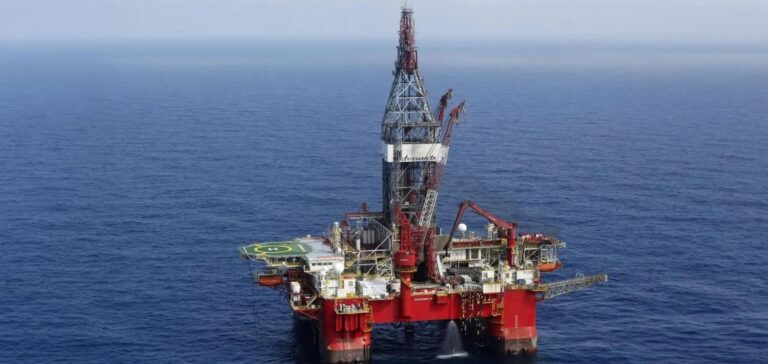Black Sea oil exports hit hard by devastating storm. Indeed, this natural disaster led to a significant suspension of exports from Kazakhstan and Russia, two key players in the global energy market. Data from port agents and state officials reveal a disruption of up to 2 million barrels per day (bpd) of exported oil.
Immediate impact on infrastructure
The ports of Novorossiysk and the Caspian Pipeline Consortium (CPC) terminal at Yuzhnaya Ozereyevka ceased operations last week. In addition, Kazakhstan’s main oil fields, Tengiz, Kashagan and Karachaganak, have seen their daily production cut by 56% since November 27. However, this interruption directly affects the CPC terminal, the nerve center for Kazakh oil exports.
Impact on Production and Export Plans
The disruption to these exports is expected to reduce Kazakh oil production by 631,700 tonnes this week. However, the situation remains uncertain as to a return to normal. For their part, Russian oil companies are planning to redirect the majority of their volumes to Baltic ports for December. Unlike Russia, Kazakhstan has few alternative export routes for its oil.
Long-term consequences and stakeholders’ responses
Production at the Chevron-operated Tengiz oilfield could be suspended altogether, further reducing national output by 126,000 tonnes a day. In November, Kazakhstan’s oil production, excluding gas condensate, is estimated at 1.588 million bpd, and December production at 1.673 million bpd. However, these figures are lower than originally forecast, but still above the quota of 1.550 million bpd. The country’s main oil fields are operated by major Western players such as ExxonMobil, Shell, Eni and TotalEnergies.
This crisis highlights the vulnerability of energy infrastructures to natural hazards, underlining the importance of diversifying export routes and building resilience in the energy sector.






















